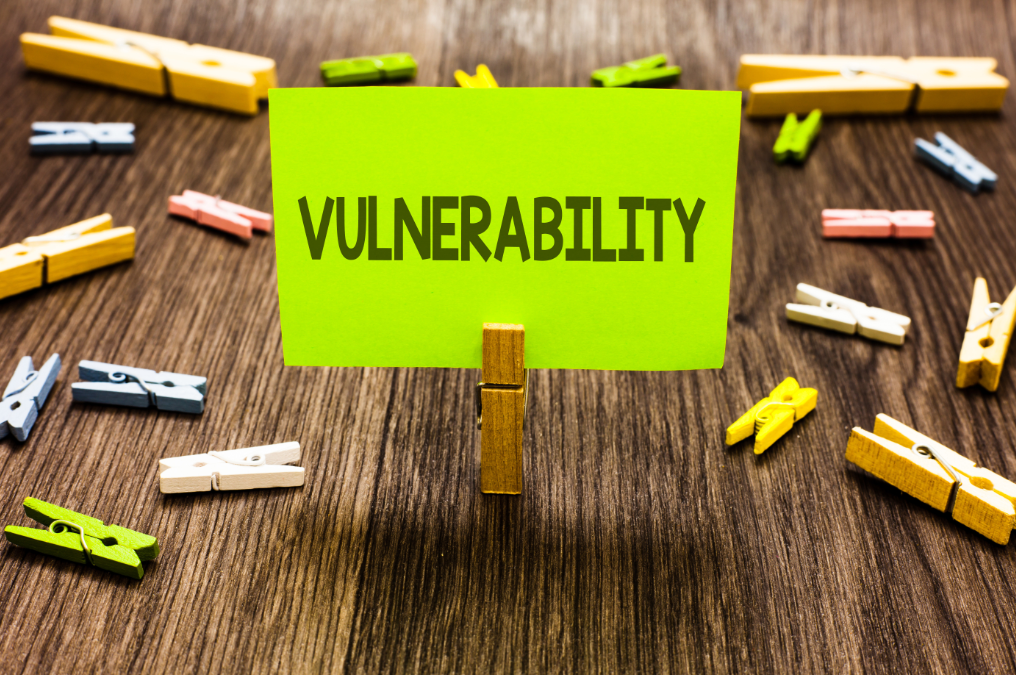 In his 2012 book Nobel Prize winner Daniel Kahneman (DK) highlights many strange traits in the human condition, one of which is our apparent inability to acknowledge the full extent of our ignorance and the uncertainty of the world in which we live.
In his 2012 book Nobel Prize winner Daniel Kahneman (DK) highlights many strange traits in the human condition, one of which is our apparent inability to acknowledge the full extent of our ignorance and the uncertainty of the world in which we live.
The other side of the coin is that we crave certainty in the same way we crave food and sleep. Taken together, these two traits have some very unhelpful consequences. For example, many experts deliver predictions with huge certainty and gushing confidence. Those of us without that expertise swarm to that certainty and the glow of confidence.
Sadly, the over-confidence of those experts leads to error strewn decisions, which can be dangerous to both your wealth and health, as I will show you.
Confidence is often confused with accuracy. Surveys show that juries often believe eyewitnesses when they seem confident, irrespective of how accurate they actually are. Similarly, investors are often lulled into funds by confident sounding fund managers – think Woodford.
Dangerous Fund Managers?
Another brilliant author, James Montier, presents an example study of how this comes into the world of investment. Participants in the study, both students and professional investors, were asked to select the stock they thought would outperform each month from a pair of stocks, and also state how confident they were about their selections. All the stocks were well known big companies, and everyone knew the name and industry and had 12 months prior performance.
That the results were shocking is not the biggest finding. The greatest shock was that when the professionals were 100% sure they were correct, they were actually right less than 15% of the time!
Additionally, they were all asked what was the biggest input to their decision from the information provided, or otherwise. The students admitted that the biggest input was guesswork.
In contrast the professionals’ biggest input was “other knowledge” – they believed they had some special insight beyond the information provided, because they were expert professionals, but guess what…there is no special insight!
So why do investors, amateur and professional, stubbornly believe that they have some special insight such that they can do better than the market?
For example, we KNOW that 96% of fund managers cannot consistently beat an undemanding benchmark – that is based on our own research, and for the avoidance of doubt, we have never been challenged on that statement by the fund industry.
To be fair to the fund industry, at least their performance numbers are public. There are many sectors, institutions and discretionary fund managers who would definitely not want their performance numbers made public – their very survival is based on them being largely unchallenged by clients.
That is why we focus on straightforward methods to select funds (see more here), with bucket-loads of evidence for multiples more in growth compared to the equivalent indices, as you can see here. These work very well most of the time.
But occasionally uncertainty is so great that judgement is required. We are at such a point now. And the best judgment might well be “I don’t know” or “it’s a toss of a coin”, at least in the short-term. In which case it is better to focus on the longer term and develop a strategy looking beyond the prevailing uncertainty.
JPM CEO Mary Callahan Erdoes said a few years back “I think that if you’re going to be a successful money manager, you have to have lost money…The smartest people have to go through up markets, down markets, sideways markets and you have to feel the pain of losing money.”
The problem with the crossroads we are at now is that we are coming to the end of an era of low interest rates and low inflation, coupled with a 40-year bull market. This means that hardly anyone has prior experience of what is potentially around the corner, and much of what has been learned must now be un-learned.
We’ve seen this before. Alan Greenspan, former chairman of the US Federal Reserve, apologised for not foreseeing the 2008 crisis because “It never happened before”.
Most of the investment industry has blinkers on at the moment, completely naïve to the existential threats to global markets and consistent warning signs that are unfolding right now. History can blind us to the possibility of extreme events which are beyond our prior experience. (Read more in Dangerous Myth.)
Successful investors recognise that very bad things can happen over which they have no control, and/or for which there is no precedent – and they have a plan which can limit the impact on them e.g. application of a Stop-Loss.
What we must all try and avoid is falling victim to our immediate craving for certainty, and being seduced by well-constructed stories, confidently told by experts.
Further Reading
Thinking, Fast and Slow - Daniel Kahneman